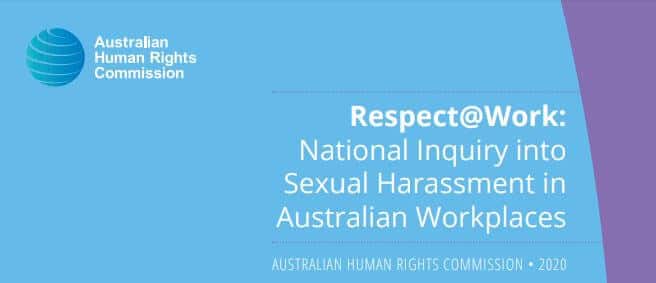The government is doing damage control this week after former Liberal staffer Brittany Higgins revealed she was allegedly raped in a ministerial office in Parliament House in 2019. The explosive revelation is dominating political discussion this week.
Higgins told the ABC she felt unsupported by the party and left with no other option but to resign. “This was my dream job,” she said. “I had worked my entire life to get here.”
In the context of the upcoming federal election in 2019, Higgins also said she felt pressured to keep quiet. “The idea of speaking out on these sorts of issues, especially around an [election] campaign, is just like letting the team down, you are not a team player.”
Her then boss, Senator Linda Reynolds, of course claimed – some might think disingenuously – that the upcoming 2019 election did not factor into her thinking. “My only priority throughout this matter was the welfare of my then-staff member,” she said.
Meanwhile, Morrison has sought to shift the blame onto Reynolds for supposedly not informing his office. Higgins says there were three people in Morrison’s office who knew of the incident within days of it occurring.
However, the prime minister also said that his hands were tied when Higgins initially did not lodge a complaint. “That matter was not brought to our attention,” he said, “Because the matter did not then proceed to a police investigation.”
This is strikingly at odds with the lead recommendation of the March 2020 Respect@Work report issued by the Australian Human Rights Commission. It was the product of the National Inquiry into Sexual Harassment in Australian Workplaces, which was triggered by #MeToo.

The report speaks directly to Higgins’s experience. “The current system for addressing workplace sexual harassment in Australia,” it says, “places a heavy burden on individuals to make a complaint. Yet most people who experience sexual harassment never report it.
“They fear the impact that complaining will have on their reputation, career prospects and relationships within their community or industry. Throughout the Inquiry, the Commission heard of the need to shift from the current reactive, complaints based approach, to one which requires positive actions from employers and a focus on prevention.”
This emphasis on the need for a positive duty for employers to act to prevent and address workplace sexual harassment – in the same way that they are obliged to actively comply with workplace health and safety – is the central recommendation of the Human Rights Commission. In defence of his own conduct and that of his government, Morrison has actively reiterated the old approach and sought to brush aside some of the changes set off by #MeToo.
If you appreciated this article, you can follow Christian on Twitter for news updates.